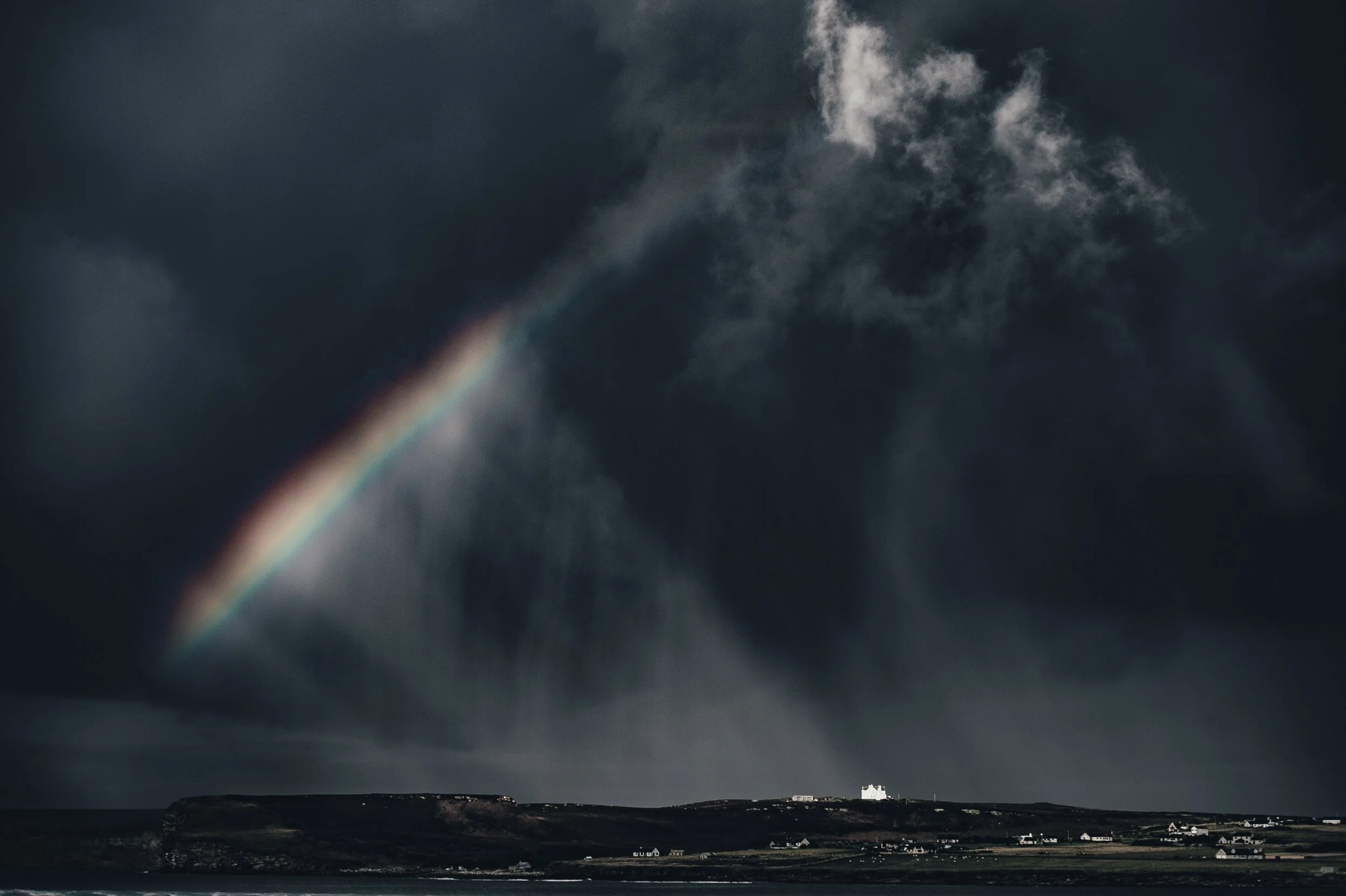If You Hear His Voice
Hebrews 3:7-11 says,
Therefore, as the Holy Spirit says, “Today, if you hear his voice, do not harden your hearts as in the rebellion, on the day of testing in the wilderness, where your fathers put me to the test and saw my works for forty years. Therefore I was provoked with that generation, and said, ‘They always go astray in their heart; they have not known my ways.’ As I swore in my wrath, ‘They shall not enter my rest.’”
We see the author quote from the Old Testament, just like chapters 1 and 2. He’s a master artist with the brush of the Old Testament, painting the picture of God’s faithfulness as grounds for continued faith today. Verses 7-11 are a quotation of Psalm 95.
Psalm 95 served as the call to worship for the Jewish people. Each time they met in the Synagogue on the Sabbath day they would hear this Psalm. It was a reminder to listen, a reminder of those who refused to listen, and a reminder of the tragedy that not listening becomes. Let’s turn to Psalm 95 and read the entire Psalm.
Oh come, let us sing to the LORD; let us make a joyful noise to the rock of our salvation! Let us come into his presence with thanksgiving; let us make a joyful noise to him with songs of praise! For the LORD is a great God, and a great King above all gods. In his hand are the depths of the earth; the heights of the mountains are his also. The sea is his, for he made it, and his hands formed the dry land. Oh come, let us worship and bow down; let us kneel before the LORD, our Maker! For he is our God, and we are the people of his pasture, and the sheep of his hand. Today, if you hear his voice, do not harden your hearts, as at Meribah, as on the day at Massah in the wilderness, when your fathers put me to the test and put me to the proof, though they had seen my work. For forty years I loathed that generation and said, “They are a people who go astray in their heart, and they have not known my ways.” Therefore I swore in my wrath, “They shall not enter my rest.”
To understand verses 7-11 in both Psalm 95 and Hebrews 3, we must understand the context surrounding the events recorded in the book of Numbers, particularly in chapters 13-14. But before that, it is helpful to go back to Exodus 17 and find out what Meribah and Massah are.
The Israelites have just been led out of Egypt though ten miraculous plagues and the parting of the Red Sea. They’re now in the desert and ask for food. God gives them manna from heaven. Then, they grumble some more and ask for water. God tells Moses to strike a rock and water will flow. He does, and they drink.
Let’s read Exodus 17:1-7
All the congregation of the people of Israel moved on from the wilderness of Sin by stages, according to the commandment of the Lord, and camped at Rephidim, but there was no water for the people to drink. Therefore the people quarreled with Moses and said, “Give us water to drink.” And Moses said to them, “Why do you quarrel with me? Why do you test the Lord?” But the people thirsted there for water, and the people grumbled against Moses and said, “Why did you bring us up out of Egypt, to kill us and our children and our livestock with thirst?” So Moses cried to the Lord, “What shall I do with this people? They are almost ready to stone me.” And the Lord said to Moses, “Pass on before the people, taking with you some of the elders of Israel, and take in your hand the staff with which you struck the Nile, and go. Behold, I will stand before you there on the rock at Horeb, and you shall strike the rock, and water shall come out of it, and the people will drink.” And Moses did so, in the sight of the elders of Israel. And he called the name of the place Massah and Meribah, because of the quarreling of the people of Israel, and because they tested the Lord by saying, “Is the Lord among us or not?”
So Meribah and Massah are allusions to the event where the Israelites quarrel with the Lord. Then later, in Numbers 13-14, we see them testing God on the border of the Promised Land.
What is happening in Numbers 13? Spies are sent into the Promised Land to scout it out. The spies return and report that the people are strong and well-fortified and they cannot defeat them. Only Caleb and Joshua stand against their claims and, in doing so, stand for God. They trust God’s promise.
What is happening in Numbers 14? The people rebel against God. They do not believe Joshua and Caleb and instead give into the fear that the other spies have described. Moses intercedes for the people because they have despised God and he is ready to destroy them. God spares them but promises judgment. They will not see the land he promised their fathers. After hearing the judgment, the people decide they’ll go and fight after all. Moses warns them not to, saying they will be defeated. But in their stubbornness, they go anyway. They are defeated. Their unbelief leads to their destruction. They missed out on the rest they could have had because they refused to listen to God. And so, once again, the author warns his readers to listen to God, and we come to the second major warning in the book.




